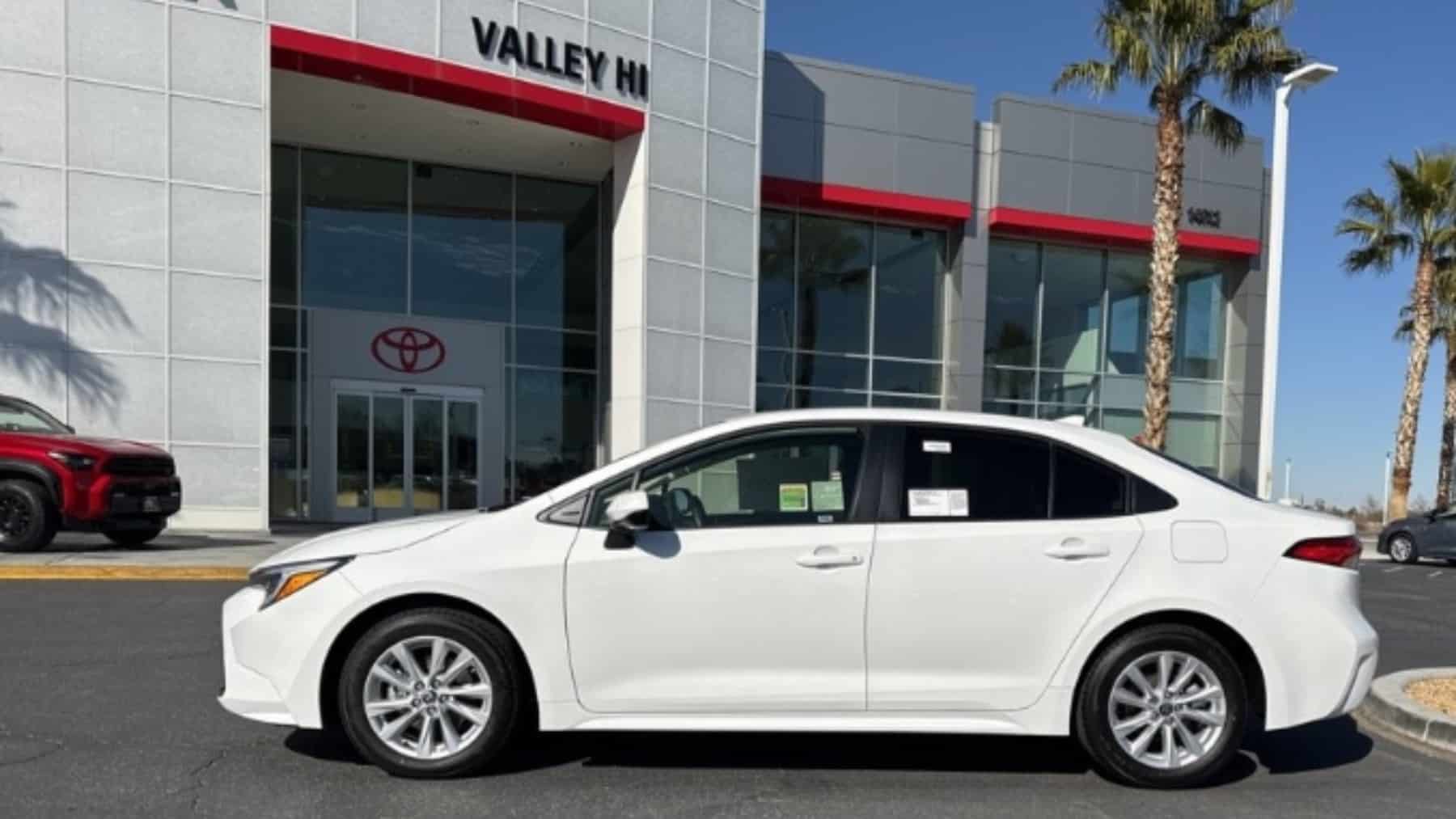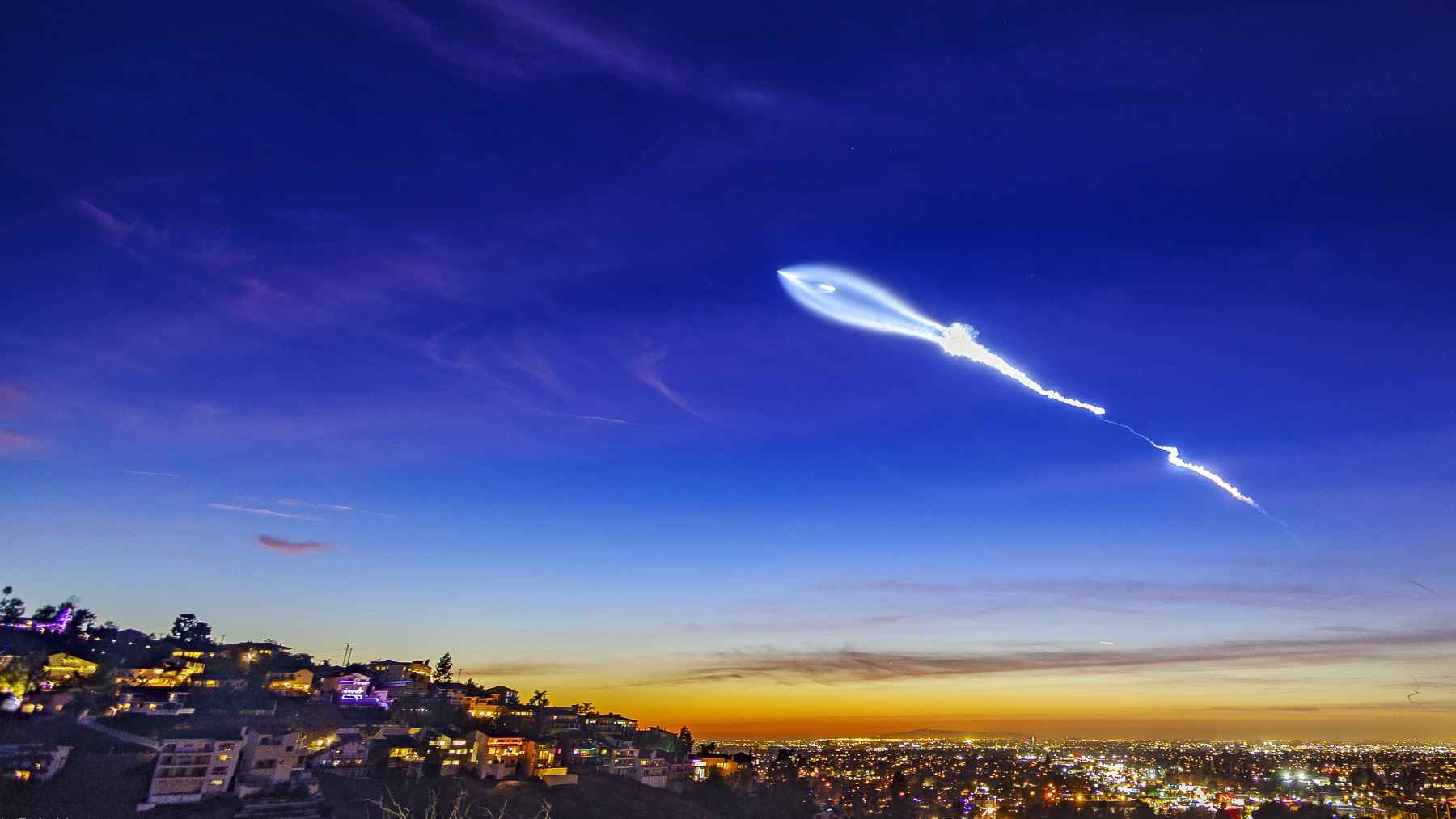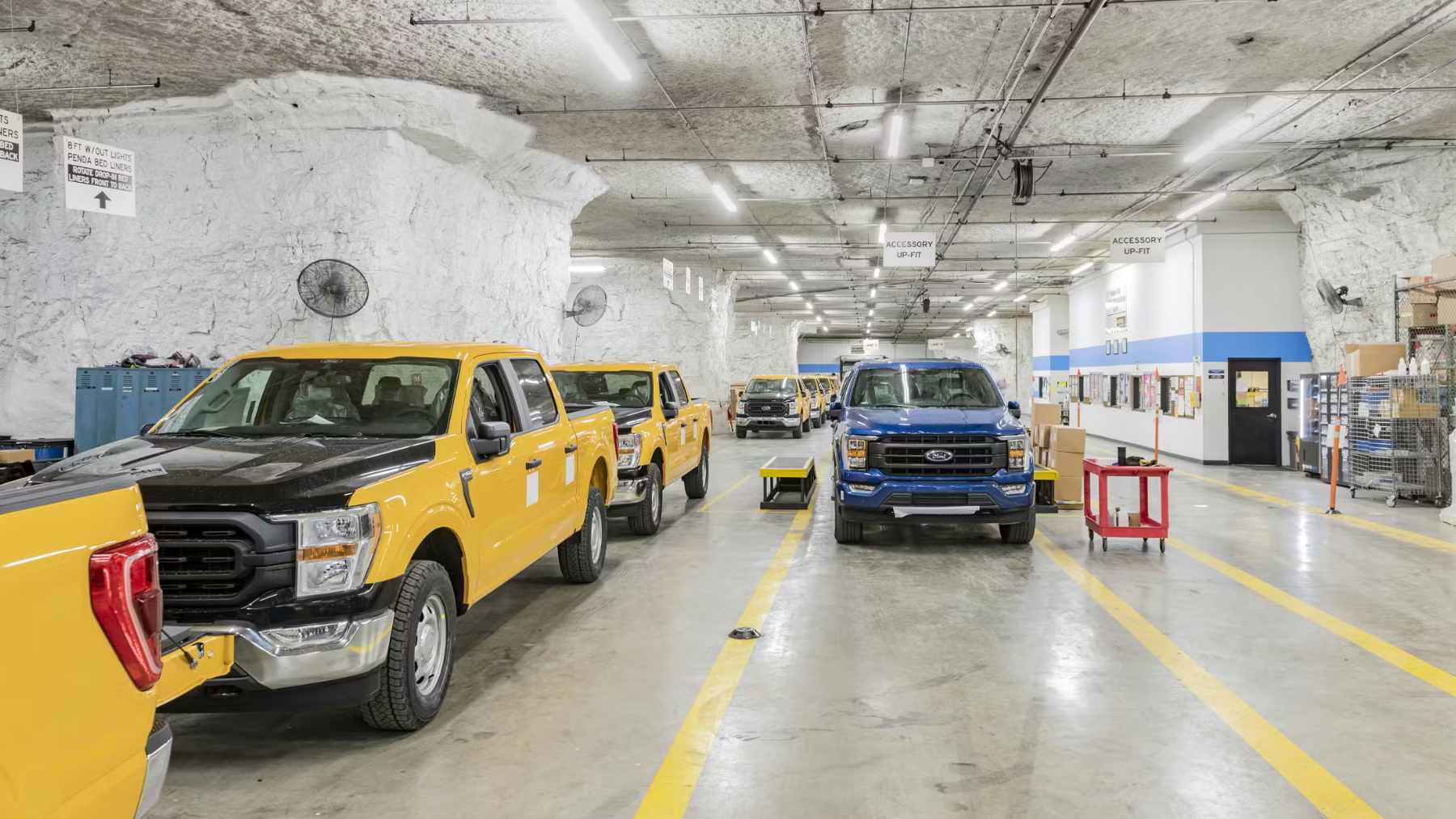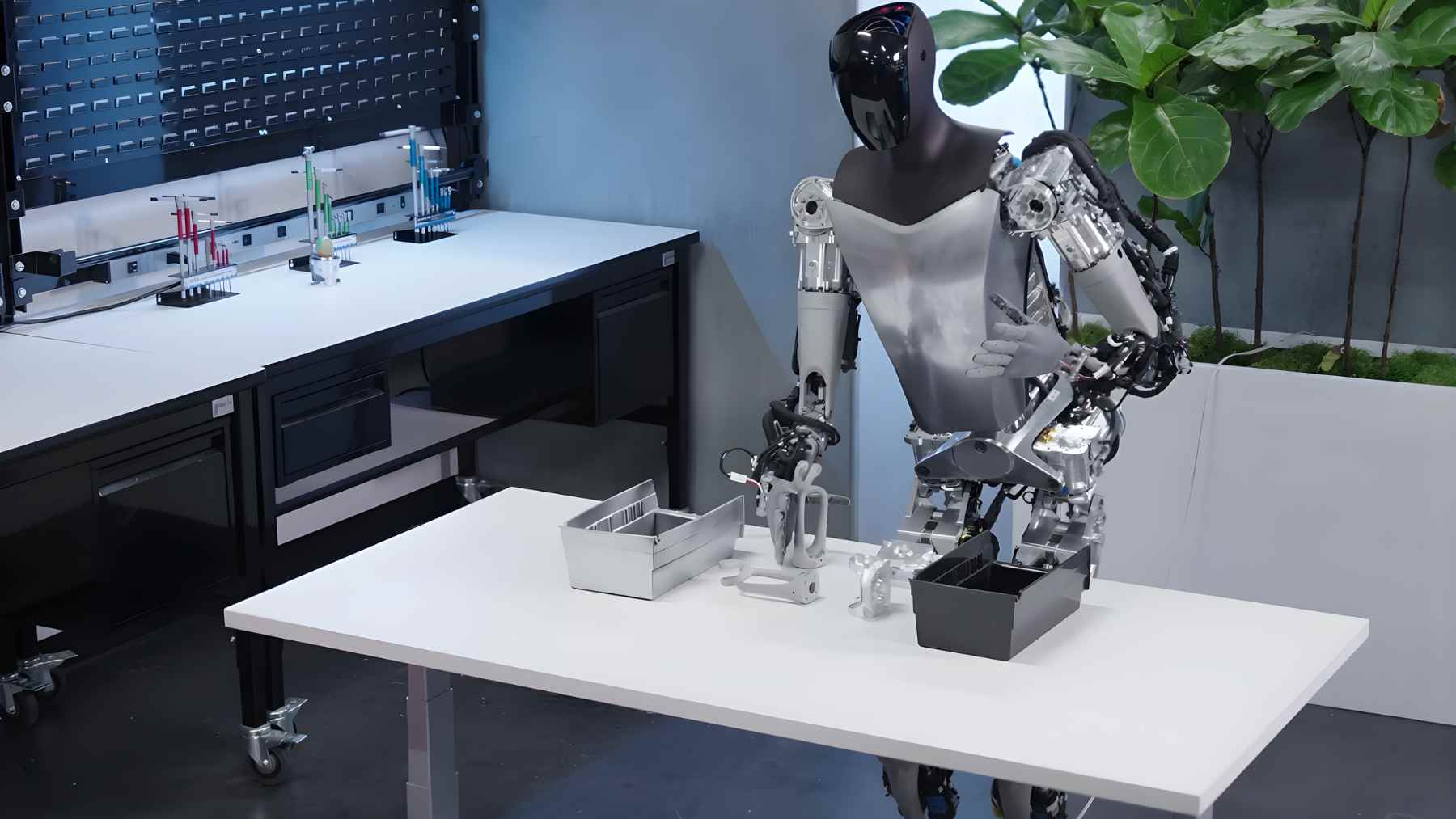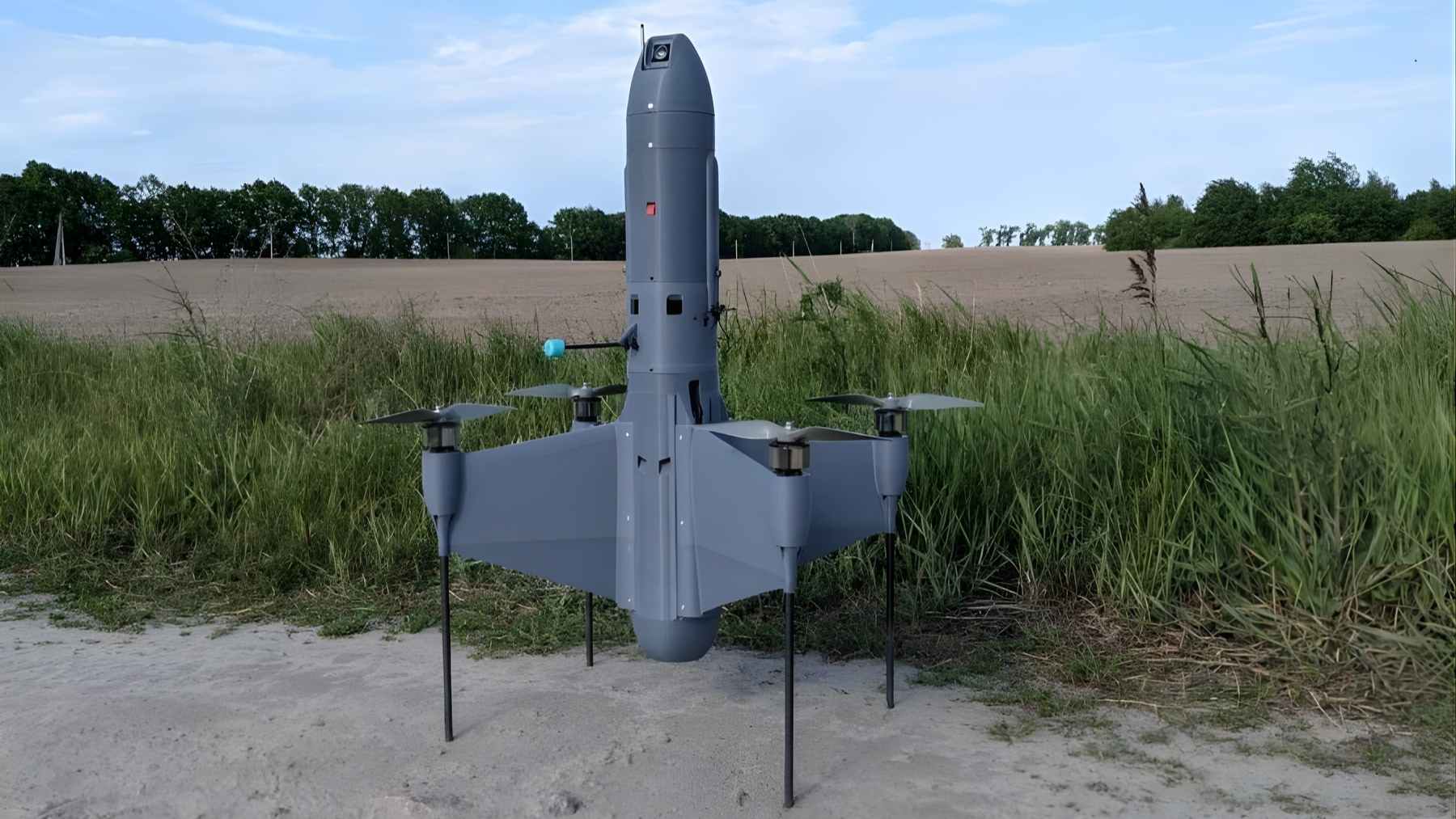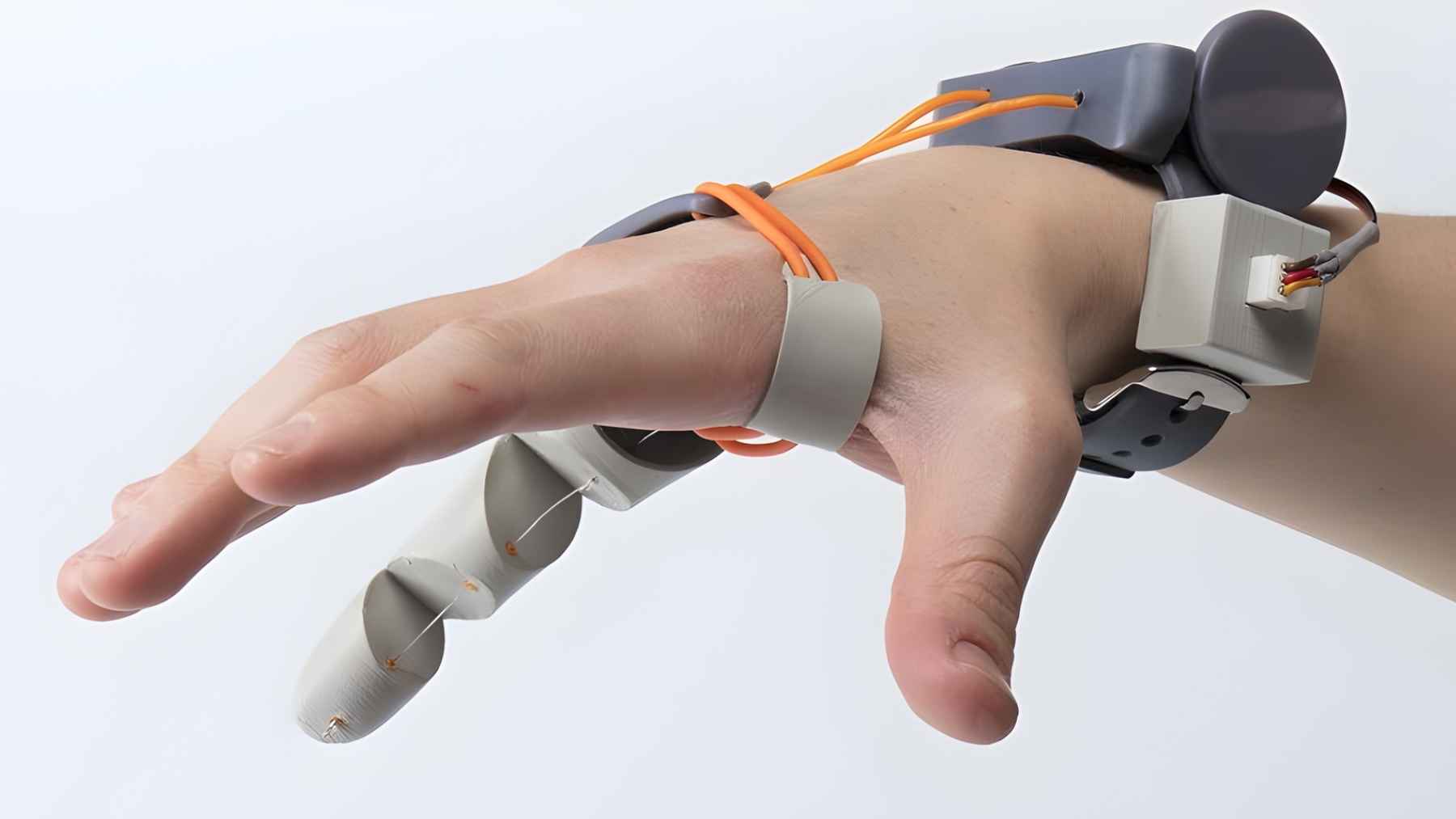Toyota has always been one of the leading vehicle manufacturers when it came to promoting hydrogen fuel as a way to ensure a cleaner transportation future. However, research and discussion may have resulted in a breakthrough fuel that has somehow made Toyota take a break from the hydrogen agenda. Toyota is driving on an entirely new lane, and perhaps this change in course could lead to us discovering what the fuel of the future is.
Toyota initially advocated for a hydrogen-driven future
Toyota, one of the top sponsors of the Paris 2024 Olympic Games, was seen advocating for and promoting hydrogen-powered motor vehicles throughout the Olympic Games. While Toyota’s intention to power cars fit for a cleaner future was clear, the automaker received some backlash from over 100 climate scientists.
A letter sent to Toyota by the climate scientists criticized Toyota for endorsing a misleading claim of hydrogen being a cleaner solution. Scientists have said that hydrogen-powered cars are slowing down the global transition to low-carbon transport, and as such, Toyota was criticized for going against the overall spirit of the Olympic Games. Toyota was further criticized for going against environmental initiatives as well. It was Cambridge University’s Professor David Cebon who was the most vocal about hydrogen delaying the move to better alternatives.
Why is there a problem with the hydrogen route?
The reason behind the letter that was sent by climate scientists and the problem with hydrogen fuel cell vehicles (FCVs) does not only root from the source of hydrogen, but also due to production, transportation, and usage costs incurred when relying on hydrogen. Green hydrogen produced from renewable energy is not ideal either, as much energy gets lost in the process. Therefore, the bulk of hydrogen comes mainly from fossil fuels through the process entitled methane reforming. The entire process of methane reforming leads to the production and emission of CO₂.
In light of this, Toyota’s claims towards a sustainable future in favor of hydrogen were flawed. The big claims put forward by Toyota and other automakers that hydrogen is the future of motor vehicles do not hold, and thus, Toyota and other automakers need to fall in favor of other fuel alternatives.
Toyota is turning its direction away from the hydrogen lane.
While Toyota put forward incredible models, like the Toyota Mirai, such vehicles have not gained enough market traction. The infrastructure required to scale up the hydrogen prototype remains costly, and the fuel itself is rather costly. Toyota is rethinking the hydrogen dream, and in doing so, the company is looking towards the hybrid-fuel engine concept as well as electric vehicles (EVs).
The poor hydrogen adoption rates are another reason why Toyota is making a market-driven shift towards a better corporate strategy. Toyota is looking at a new fuel to take hydrogen’s place in the clean fuel of the future agenda.
The new fuel choice towards energy realignment
Toyota has forgotten about its hydrogen dream and is looking towards battery electric vehicles (BEV) that are powered by lithium-ion and emerging solid-state battery technologies. Since battery costs are falling, EVs may very well dominate the automotive sector.
Toyota won’t face much backlash anymore in terms of its newer fuel choice, as all scientists and climate experts agree that electric vehicles are probably the best route to take to ensure decarbonization of the transport sector. While hydrogen’s hype seems to be dwindling, the electric vehicle’s solution is proving to be far more lucrative.
The scientific criticisms may have provoked Toyota to change its focus altogether, but now, Toyota is in the best lane, driving towards a more promising future. Like Toyota, perhaps motor enthusiasts should be looking towards a future driven by battery electric vehicles (BEVs) too.
Disclaimer: Our coverage of events affecting companies is purely informative and descriptive. Under no circumstances does it seek to promote an opinion or create a trend, nor can it be taken as investment advice or a recommendation of any kind.
